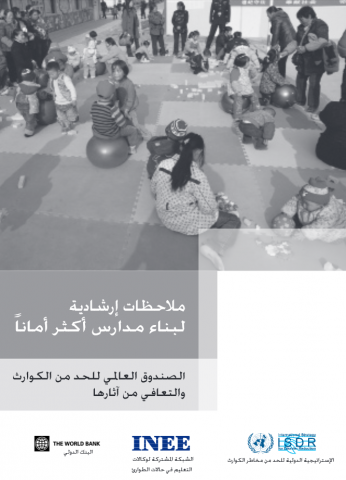IFRC Community Based Disaster Risk Reduction Study: Lessons Learned from the Tsunami Operation CBDRR Programmes
In November 2010, the IFRC commissioned Arup International Development (Arup ID) to undertake a study of programmes implemented after the Indian Ocean Tsunami in 2004 in order to “identify and document lessons learned in implementing at scale CBDRR projects to strengthen community safety and resilience [and] use its large evidence base to research new ideas […]

